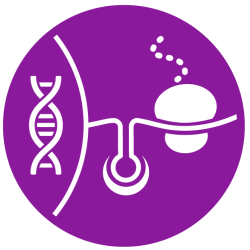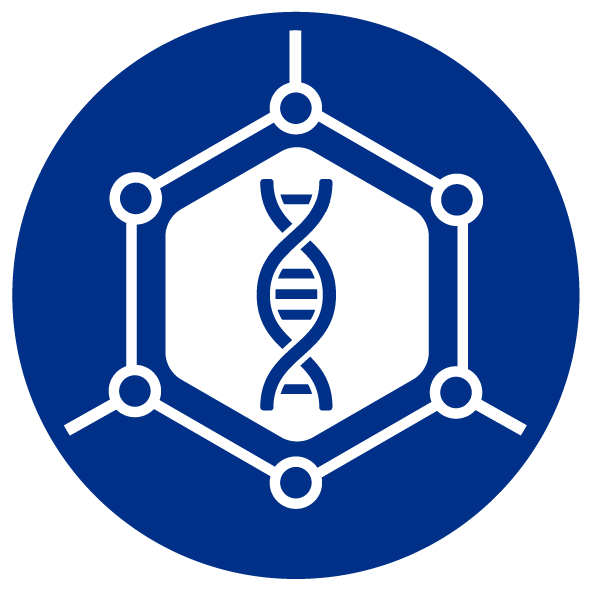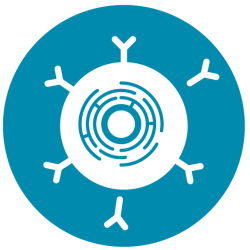What we do at the MRC Toxicology Unit | University of Cambridge
What we do at the MRC Toxicology Unit | University of Cambridge
What we do at the MRC Toxicology Unit | University of Cambridge
Unit Mission
The MRC Toxicology Unit mission is to deliver mechanistic toxicology research, with a particular focus on the study of the links between exposure to chemicals, radiation and therapeutic agents including new classes of biologics, molecular initiating events and adverse outcome pathways. The Unit uses a range of systems-based approaches to address key questions in this area. The Unit continues to develop the translation of its basic research into clinically and public health-relevant outcomes.
Our Research Themes
Mechanisms of gene expression control of toxic exposure
Professor Anne Willis, Post-transcriptional control of gene expression following toxic injury
Dr Ritwick Sawarkar, Chromatin control of environmental stress response
Adverse outcomes mechanistically linked to gene-environment interaction
Prof Kiran Patil, Microbiome mediated toxicity of drugs and other xenobiotics
Prof Marion MacFarlane/ Prof Anne Willis, Mechanisms of fibre toxicity
Molecular determinants of mitochondrial function and cell death
Prof Marion MacFarlane, Molecular mechanisms of cell death
Cell death is a fundamental cellular response that plays a crucial role both during development and in the removal of unwanted or damaged cells following stress, injury or infection. Understanding the mechanisms of cell death, including the crucial role played by mitochondria in determining cell fate, is necessary to obtain a complete understanding of the toxicity associated with exposure to pharmaceuticals and environmental agents. Multicellular organisms actively dispose of cells that are in excess or potentially dangerous through programmed cell death, where mitochondria act as key controllers. Understanding the relationship between these elements is crucial to identify key determinants of cell viability following toxic insult, in healthy and diseased individuals, but also under conditions of stress or increased metabolic demand.
Inflammatory responses and immune regulation
Dr James Thaventhiran, Improvement of vaccine efficacy and toxicity in mice and humans
The immune system is a point of vulnerability to toxic insult and an important mediator of the effects that result from exposure to environmental, occupational or therapeutic challenges. Immunotherapies are highly effective for treating infections, autoimmunity and certain types of cancers, but these treatments can be improved. By understanding how the immune system responds to immunotherapies and why toxicity can develop, interventions can be developed to improve patient responses to treatment.





